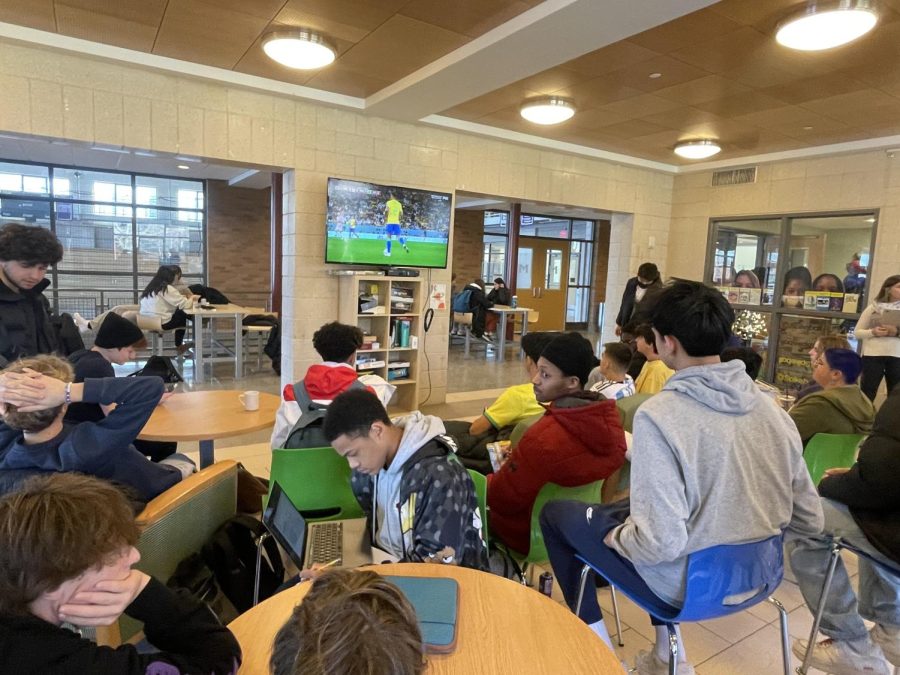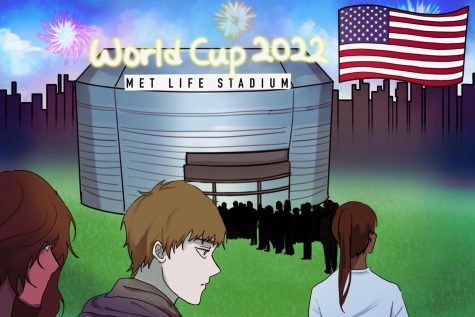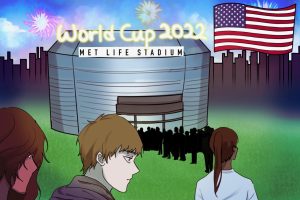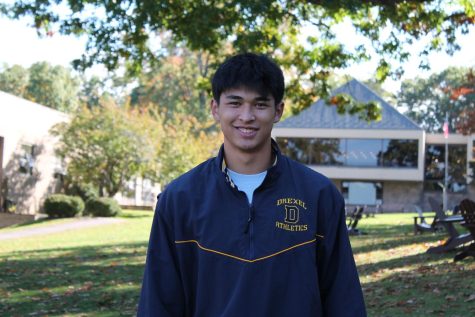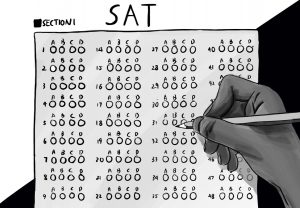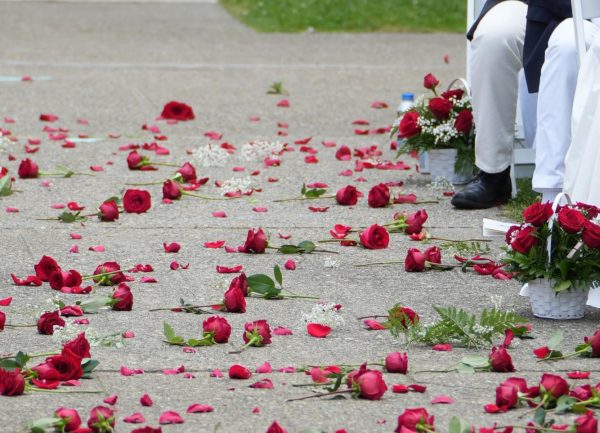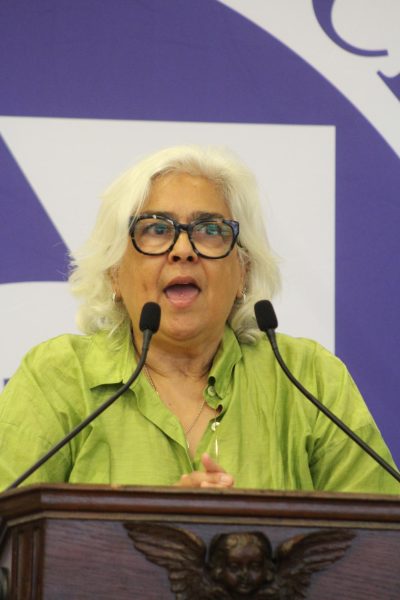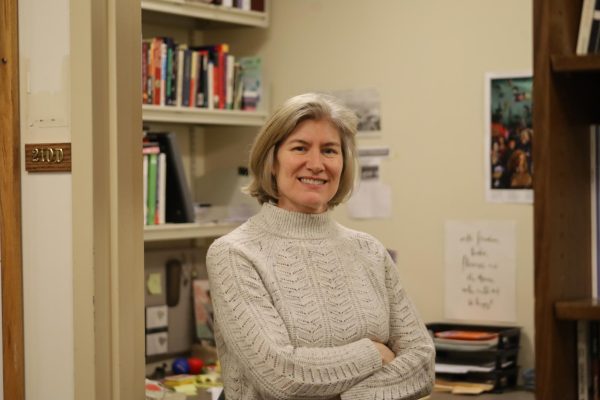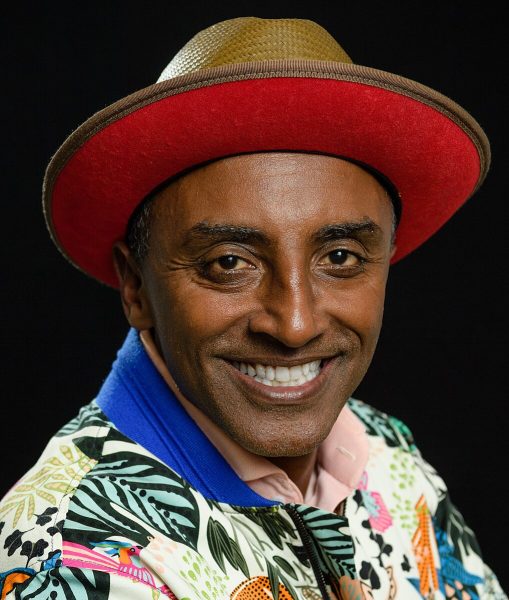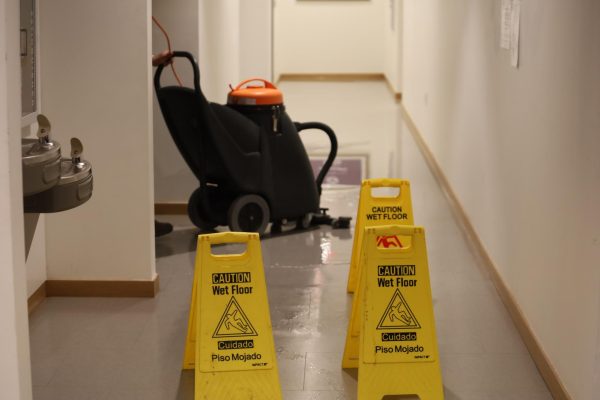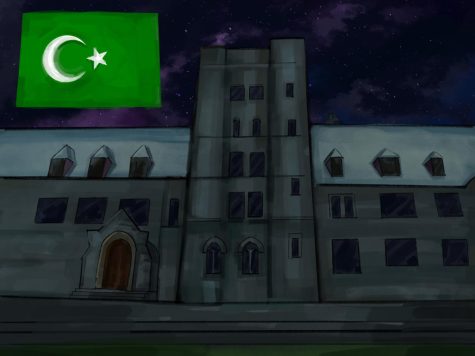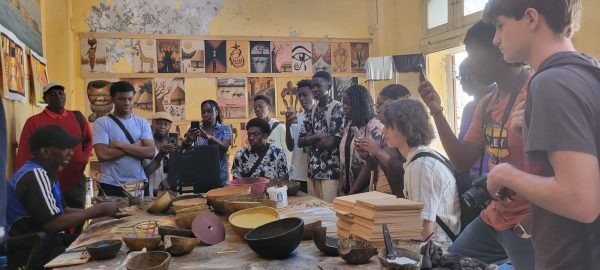World Cup interrupts learning, yet unites community
Students gather in the Davis Cafe in the Fonseca Center to watch the Brazil vs. Croatia World Cup quarterfinal game spanning the second and third periods.
December 9, 2022
If you take a walk through the campus, you will witness packed conference rooms with noise spilling out of the soundproof walls, clusters of students gathered around computers in the dining hall intensely staring at the screens, and a packed Fonseca Center cafe with students sitting in rows watching the television. There are very few events that can capture so many people’s attention at the same time. The FIFA World Cup, however, is one of them.
The soccer tournament, which is held once every four years, usually plays out over the summer, but this year, the games started in November and will continue through the middle of December. This means that the loud screams of celebrations heard throughout the hallways will only get louder.
Tuesday, Nov. 29, saw arguably the biggest crowd in the DavisCafe ever. Around 50 to 100 students and faculty rushed to the television when classes were over to watch the United States defeat Iran and advance to the round of 16. At the final whistle, the crowd erupted and embraced each other. “I think the World Cup’s brought a lot of people together,” senior Henry Eisenbeis said. “There’s a lot of people from no matter what grade you’re in, coming together to watch all together.”
The difficulty for both students and teachers is managing class while simultaneously watching the games. Unfortunately, the scheduled times of 10 a.m.and 2 p.m. kickoffs coincide with classes, clubs, and co-curriculars.
Students are “forced” to watch on phones or computers in class, or outright skip a class entirely. “I pick the seat opposite the teacher, or take extensively long bathroom breaks when needed,” Eisenbeis said. The teachers, many of whom have been following, will sometimes allow students to watch during class as well.
Hank Kim, a math teacher, has been one of the teachers juggling the distraction of the tournament in classes. “The students are highly distracted and not motivated to get work done in class,” Kim said. “A lot of the teachers including myself have enabled the students to continue that pattern though.”
The distraction has obviously taken focus away from the material being taught in class. “I think over the two weeks, I’d become better at balancing,” Eisenbeis said. “It still does affect my studies though,” he admitted.
While studies may have suffered and there is frustration with the distraction, there’s a larger positive impact of the tournament that is being felt. “Most teachers view it as a healthy distraction,” Kim said. “At this time of the year, a lot of people are burnt out, tired, stressed especially bc of the college process and its been a rough year so far.”
“The World Cup’s brought people together regardless of if I would ever talk to them,” Eisenbeis said.” “I’ve been able have common interests through enjoying soccer.”



